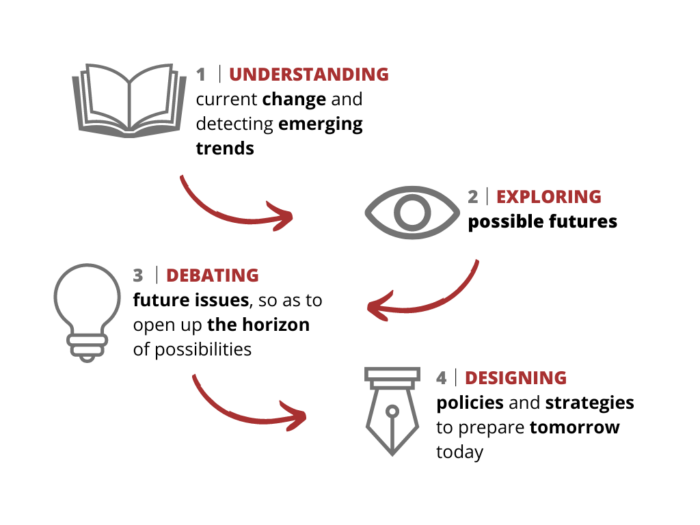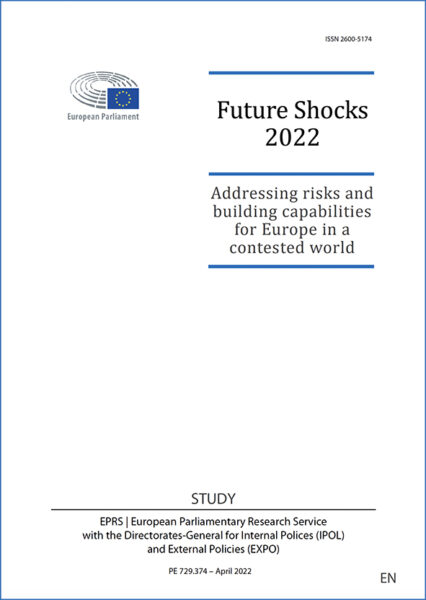In this article, as the French government sets out to undertake a major reform of the country’s higher education system, Barbara Kehm highlights current trends in Europe in this field.
The author starts by describing the “Bologna process”, which launched a new system of qualifications and a series of major reforms of higher education programmes in more than 40 European countries. She then shows how this process (started in 1999) has been combined with the Lisbon strategy (2000) with the aim of establishing by 2010 a Europe-wide system of higher education linked to plans for research and innovation.
Barbara Kehm also examines how the role of the state in the management of higher education is changing in Europe. She discusses the new forms of governance that have developed against the background of the system’s problems of both funding and legitimacy, resulting in growing moves towards greater autonomy for individual institutions and more vocationally oriented courses.
Finally, Barbara Kehm looks at three key issues for European higher education: more diverse sources of funding (in order above all to cope with increased numbers of students), research and improvements in quality (via better evaluation and accreditation), and internationalization (involving both co-operation and competition). She concludes her analysis by setting out the main trends in this field for the next 10 years.
Higher Education in Europe. Recent Developments and Future Perspectives
Cet article fait partie de la revue Futuribles n° 333, sept. 2007


